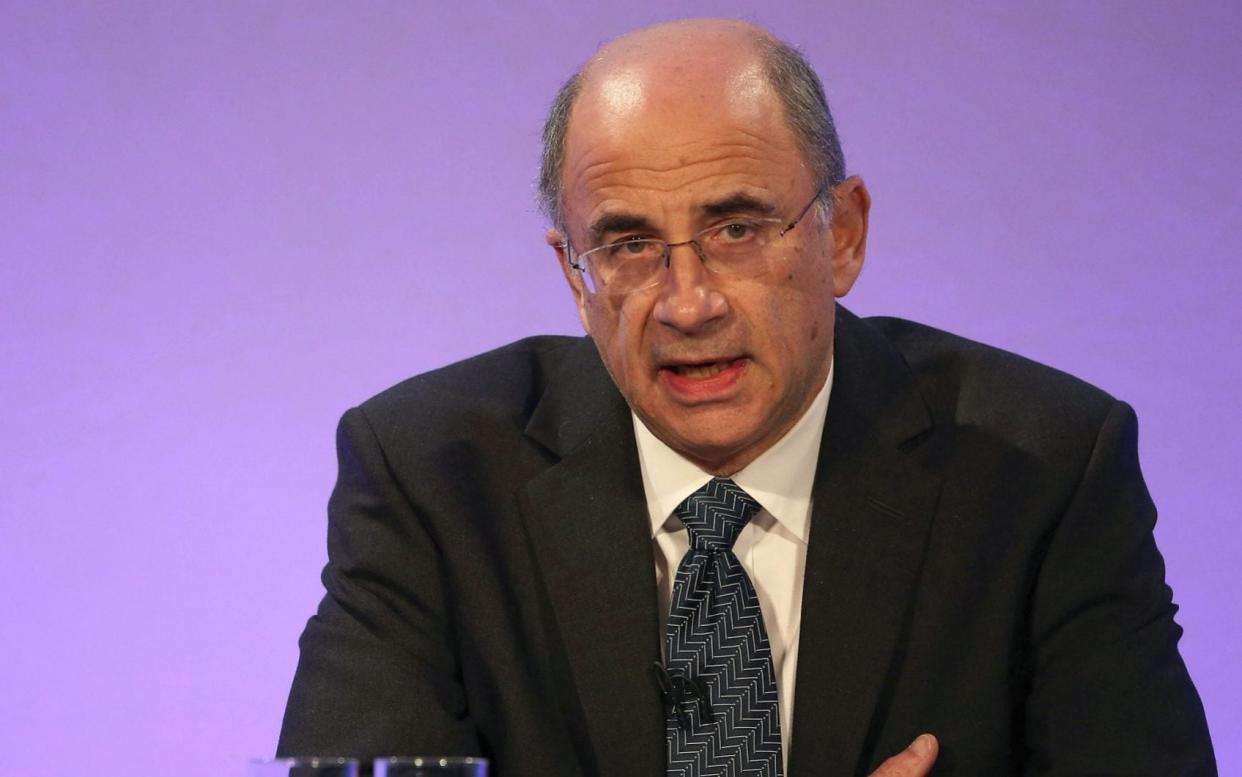Leveson ruling opened the door to killer's early release

When Usman Khan was jailed for 16 years in 2012, the judge ruled that the Al Qaeda inspired jihadi could only be released if and when a parole board was convinced he no longer posed a threat to the public.
That so called “indeterminate sentence” intended to secure “imprisonment for public protection” may have meant the terrorist would not have been freed to launch Friday’s terror attack.
However, in 2013 - just over a year after Khan was jailed - Lord Justice Leveson, sitting with two other judges at the Court of Appeal, quashed that sentence.
They found the original trial judge had “wrongly characterised” Khan’s plans as more dangerous than some of the other defendants in his terror cell.
So, Khan was given a “determinate” 16-year sentence, making him eligible for release on licence in December last year.
The appeal case hinged on whether Khan and his two Stoke colleagues, who wanted to follow Osama bin Laden’s example and set up a terror training camp abroad, posed as much of a risk to Britain as those defendants who plotted to detonate a pipe bomb at the London Stock Exchange. The crown court judge was adamant Khan was a career terrorist.
However, on appeal Khan’s barristers successfully argued that Khan was not “more sophisticated”, but was merely “bigging up” their terrorist credentials.

The judges accepted their assertion that ”fanciful plans” to build a terror camp in Kashmir meant they were not, unlike other defendants, planning attacks in the UK.
In the ruling, Mr Justice Leveson wrote “the risk posed to the public could not be greater from those who who were very much further away from realising their apparent goal than those who were far closer to doing so.”
It adds there was “no suggestion” Khan had been trained or was close to building the camp.

Mr Justice Leveson added that “there is an argument for concluding that anyone convicted of such an offence should be incentivised to demonstrate that he can safely be released; such a decision is then better left to the parole board for consideration proximate in time to the date when release becomes possible.”
However, the parole board said it had no involvement in Khan’s release and that he "appears to have been released automatically on licence" halfway through his sentence.

